In tandem with the rising global population and the subsequent demand for food production, the agricultural industry continues to seek innovative solutions to maximize yields while conserving water resources. Advance irrigation equipment has played a crucial role in transforming traditional farming practices, offering more precise control over water distribution and significantly increasing overall efficiency. This article will delve into the key features and benefits of these cutting-edge irrigation technologies, highlighting their potential to revolutionize agricultural productivity. 1. Precision Irrigation Systems: Precision irrigation systems have emerged as a game-changer for modern agriculture. These systems integrate advanced sensors, weather data, and computer algorithms to enhance irrigation scheduling and optimize water efficiency.
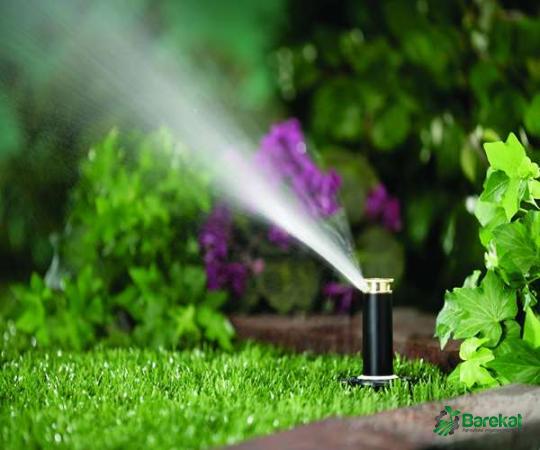
.
 Equipped with moisture sensors, these systems continually monitor soil moisture levels and automatically adjust irrigation accordingly, allowing farmers to deliver water precisely when and where it is needed. By minimizing water wastage and reducing energy consumption, precision irrigation systems have demonstrated the potential to boost crop yields by up to 30% while reducing water usage by a staggering 50%. 2. Drip Irrigation: Drip irrigation, a popular form of precision irrigation, is widely recognized as a water-saving technique. By delivering water directly to the plant’s root zone via a network of tubes, drip irrigation ensures efficient water distribution, minimizing evaporation and runoff. This advanced technology not only conserves water but also enables farmers to enhance nutrient uptake and minimize weed growth. Moreover, drip irrigation systems can be managed remotely through sophisticated software, allowing farmers to monitor and control irrigation operations from anywhere. 3. Smart Irrigation Controllers: Smart irrigation controllers have revolutionized the way irrigation systems are managed. Leveraging advanced technology, these controllers integrate weather forecasts, soil moisture measurements, and custom programming to optimize irrigation schedules.
Equipped with moisture sensors, these systems continually monitor soil moisture levels and automatically adjust irrigation accordingly, allowing farmers to deliver water precisely when and where it is needed. By minimizing water wastage and reducing energy consumption, precision irrigation systems have demonstrated the potential to boost crop yields by up to 30% while reducing water usage by a staggering 50%. 2. Drip Irrigation: Drip irrigation, a popular form of precision irrigation, is widely recognized as a water-saving technique. By delivering water directly to the plant’s root zone via a network of tubes, drip irrigation ensures efficient water distribution, minimizing evaporation and runoff. This advanced technology not only conserves water but also enables farmers to enhance nutrient uptake and minimize weed growth. Moreover, drip irrigation systems can be managed remotely through sophisticated software, allowing farmers to monitor and control irrigation operations from anywhere. 3. Smart Irrigation Controllers: Smart irrigation controllers have revolutionized the way irrigation systems are managed. Leveraging advanced technology, these controllers integrate weather forecasts, soil moisture measurements, and custom programming to optimize irrigation schedules.
..
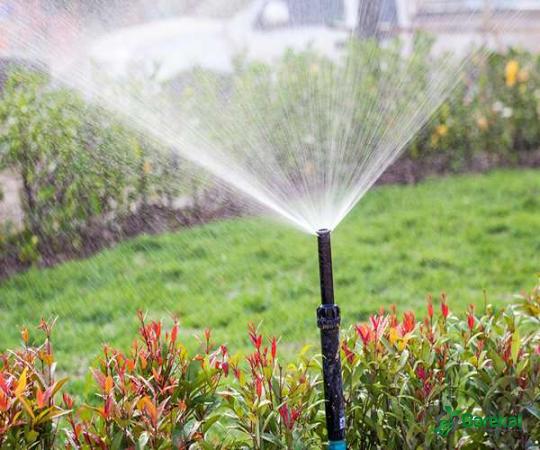 By considering factors such as temperature, humidity, rainfall, and evaporation rates, these controllers ensure that watering is only applied when necessary, preventing overwatering and reducing water waste. Additionally, many smart irrigation controllers are now equipped with Wi-Fi connectivity, enabling remote monitoring and control via mobile devices. 4. Variable Rate Irrigation (VRI): Variable Rate Irrigation systems are designed to deliver varying amounts of water across different areas of a field based on specific crop needs. VRI utilizes satellite imagery, soil mapping, and GPS technology to create precise irrigation prescriptions. This technology allows farmers to account for variations in soil types, elevation, and crop water requirements, ensuring that each zone receives the optimum amount of water. By tailoring irrigation to specific conditions, VRI has the potential to improve crop health, minimize water stress, and maximize overall productivity.
By considering factors such as temperature, humidity, rainfall, and evaporation rates, these controllers ensure that watering is only applied when necessary, preventing overwatering and reducing water waste. Additionally, many smart irrigation controllers are now equipped with Wi-Fi connectivity, enabling remote monitoring and control via mobile devices. 4. Variable Rate Irrigation (VRI): Variable Rate Irrigation systems are designed to deliver varying amounts of water across different areas of a field based on specific crop needs. VRI utilizes satellite imagery, soil mapping, and GPS technology to create precise irrigation prescriptions. This technology allows farmers to account for variations in soil types, elevation, and crop water requirements, ensuring that each zone receives the optimum amount of water. By tailoring irrigation to specific conditions, VRI has the potential to improve crop health, minimize water stress, and maximize overall productivity.
…
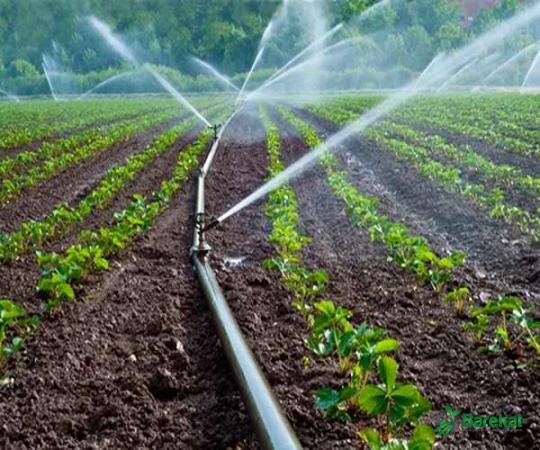 Conclusion: As the demand for sustainable agriculture continues to grow, the advancements in irrigation equipment are poised to redefine farming practices worldwide. Precision irrigation systems, drip irrigation, smart controllers, and variable rate irrigation systems are just a few examples of the cutting-edge technologies transforming the agricultural sector. By increasing water efficiency, minimizing waste, and maximizing crop productivity, these advanced irrigation techniques hold the key to feeding the world’s population while conserving our most precious resource: water. As the farming industry embraces these innovations, it is clear that the future of irrigation lies in the hands of advanced equipment.
Conclusion: As the demand for sustainable agriculture continues to grow, the advancements in irrigation equipment are poised to redefine farming practices worldwide. Precision irrigation systems, drip irrigation, smart controllers, and variable rate irrigation systems are just a few examples of the cutting-edge technologies transforming the agricultural sector. By increasing water efficiency, minimizing waste, and maximizing crop productivity, these advanced irrigation techniques hold the key to feeding the world’s population while conserving our most precious resource: water. As the farming industry embraces these innovations, it is clear that the future of irrigation lies in the hands of advanced equipment.

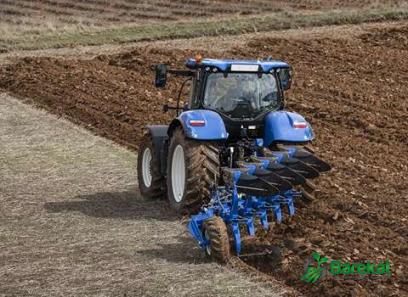

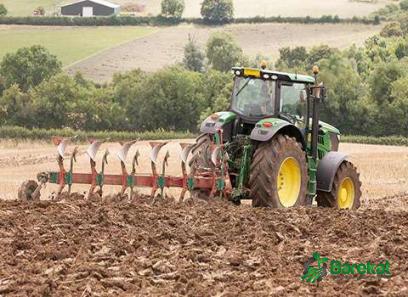
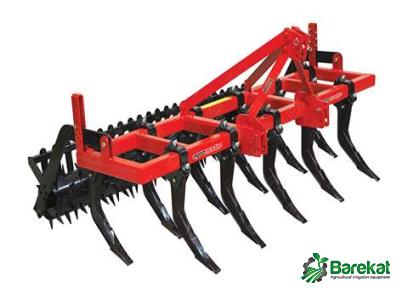




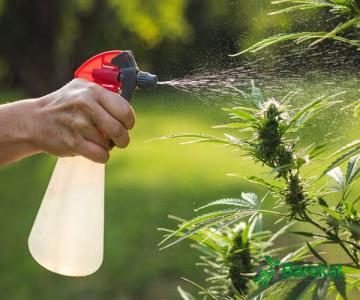
Your comment submitted.